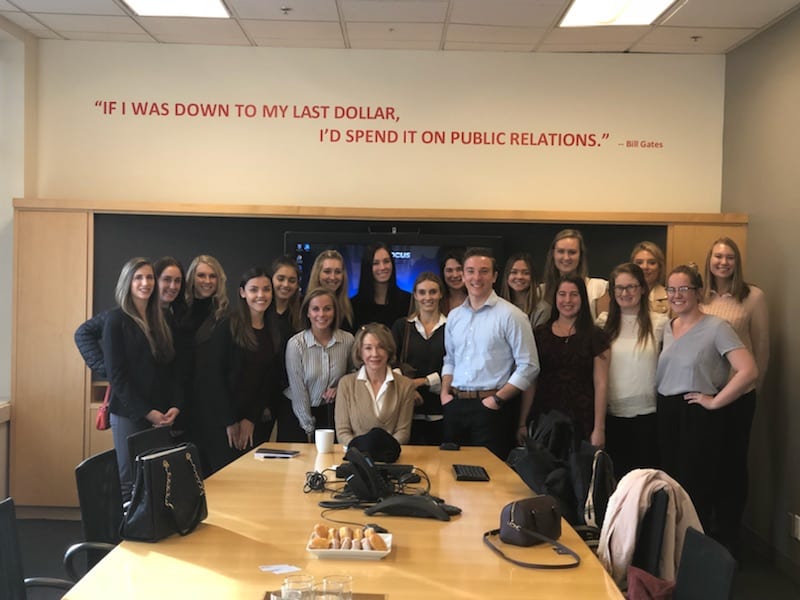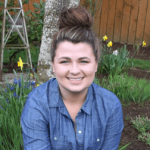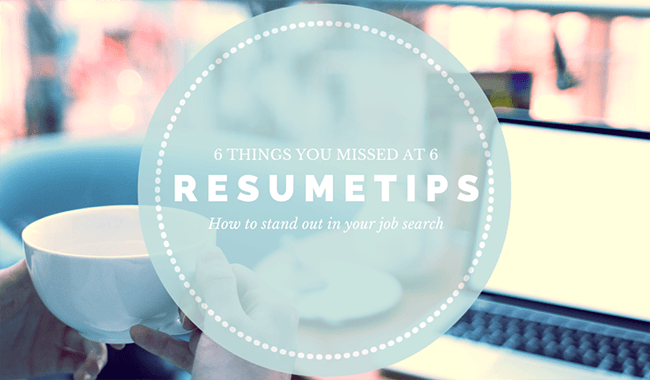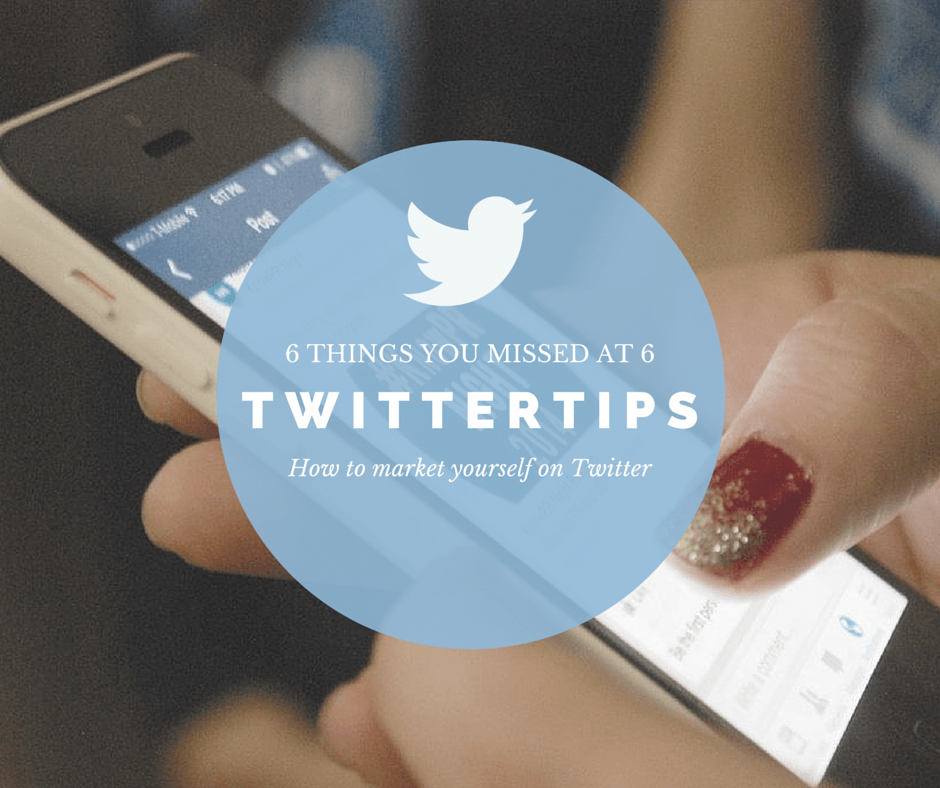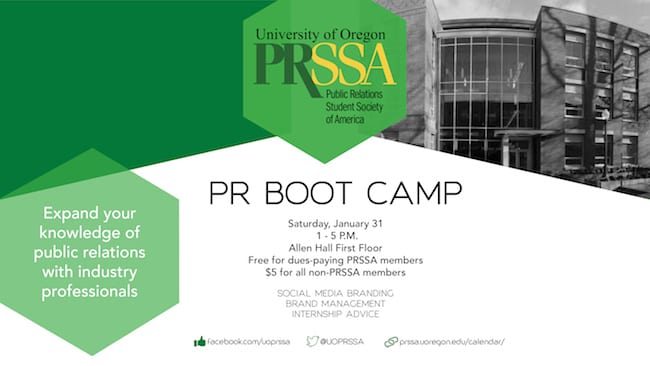By Sierra Goodman
Public relations agencies are like snowflakes; no two are the same. Some specialize in business-to-business and some in business-to-consumer. Others combine PR strategy with advertising and digital. Boutique agencies may have a team of 10 while a large agency may have hundreds of team members.
During Fall term, members of the University of Oregon’s PRSSA chapter explored four agencies in Portland including LANE, Gallatin, Gard, and Edelman. Each agency offered something different as far as future employment. In case you couldn’t make it, here is a summary of the agencies we visited:
Lane PR
Lane PR is headquartered in Portland with locations in New York City and Seattle. In 2011, the agency was acquired by Finn Partners, a global marketing communications firm. At the Portland location, they represent companies in the local food and beverage and financial sectors including 10 Barrel Brewing Co. and Umpqua Bank. Their focus is on B2B and B2C relations for business and sales success through platforms such as investor relations and social media marketing. Wendy Lane Stevens, president and founder, commonly asks interviewees to walk her through their resume, explaining their academic and work choices from senior year in high school to present day. Knowing your own story and having a business mindset will serve you well at Lane.
Gallatin
If you are interested in public affairs, Gallatin is the place for you. They specialize in business, government, politics and media. A job at Gallatin involves plenty of community outreach and communication to help clients initiate change. Some specific campaigns involved crisis communication after a NW Portland building explosion in 2016 and event planning for a gathering of Portland’s female restaurant owners. At Gallatin, President Dan Lavey, says that he is looking for personality and independence when hiring interns. The agency regularly hires interns each year so make sure to look out for future opportunities and set up an informational interview.
Gard
Gard Communications is an advertising and public relations firm well-versed in crisis communications. They have local, national and global clients that they work with closely to ensure a strategic plan that works best for them. Advancement of brand reputation and defensive tactics give the agency an edge in times of serious crisis and marketing management. This agency is ideal for people who work well under pressure and in a fast-paced environment.
Edelman
Edelman is the largest public relations agency in the world and ranges in a variety of sectors such as technology, brand, corporate, public affairs and just about everything in between. Their Portland location is small with 50 employees compared to other locations like their New York office with 500 employees. With locations all over the world, they give employers an opportunity to work abroad to experience different cultures. Edelman is proud to say they are a leader of earned media. Although employees are encouraged to diversify themselves in different fields and projects they tend to hire off of people’s niches such as healthcare, technology and digital. As we heard on all four tours, Edelman was no exception saying that excellent writing skills are imperative to have in the PR industry.
PRSSA’s Development Tours offer a unique experience to students by providing a window into specific agencies and PR sectors. They are especially helpful in narrowing down your job search down the road by helping students learn more about what their life might look like in a job outside of UO.
Applications for the Winter term Professional Development Tour to Seattle go live Monday, Jan. 8. Visit prssa.uoregon.edu/tours to learn more and apply.


